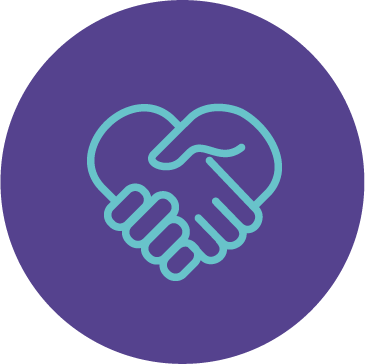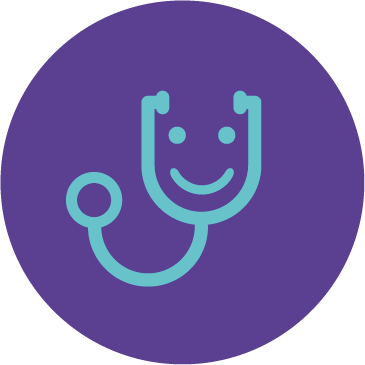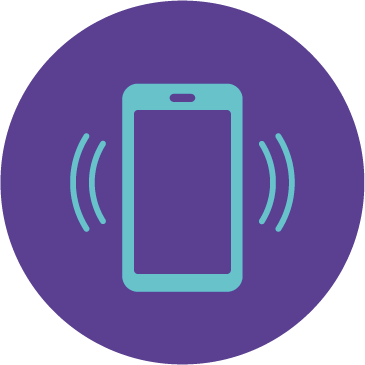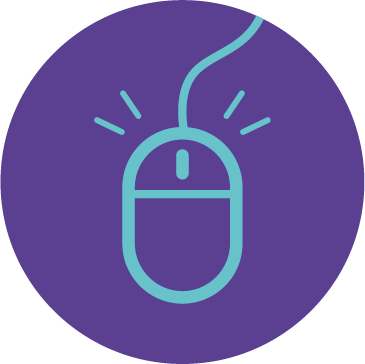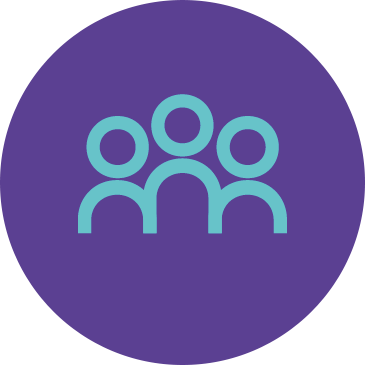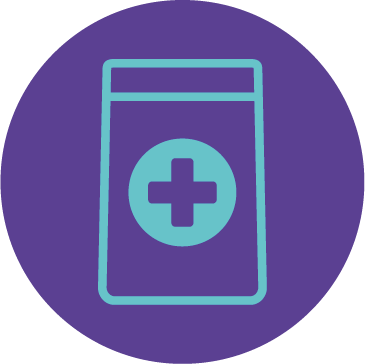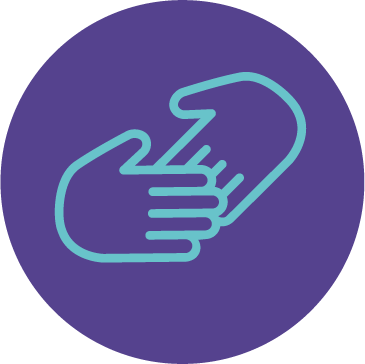Bereavement process
We know that it can be very difficult for bereaved families when their loved one dies. We try to be as prompt with completing the necessary paperwork, but sometimes there are delays due to a GP needing to speak to the Coroner’s office or another colleague.
We refer all deaths to the Medical Examiner (ME) to review, and families can expect contact from this team. We strongly recommend relatives do not book a registrar appointment or funeral date until the ME office has contacted them to confirm a certificate can be issued. We send on the completed certificate (MCCD) directly to the Registrar when the ME team have confirmed they are happy with everything - this process can often take up to 5-10 days.
When the informants/family members are able to book a death registration appointment with York Register Office, it can be booked using their online service (or call 01904 553190). You should normally register a death in the area where the person died and a funeral can usually only take place after the death is registered. The online option will be available if it is less than 5 days between the death and the appointment date and the death hasn’t been referred to the Coroner. The Registrar must have received the MCCD from the surgery.
What is the Medical Examiner Service?
Medical Examiner Services are hosted by secondary care hospital Trusts but are independent bodies. They are staffed by ‘Medical Examiners’, and ‘Medical Examiner Officers.’
Medical Examiners are independent senior doctors, who carry out ‘scrutiny’ of the medical records of anyone who has died, in hospital or in the community, unless the death has been reported to the Coroner. Medical Examiner Officers support the Medical Examiners, and though not usually doctors, have specialist training.
What is Medical Examiner ‘scrutiny’?
This means that Medical Examiners read the deceased’s medical record carefully to ensure that:
- the causes of death given on the medical certificate are as accurate as possible
- the medical care given to the patient has been appropriate
- deaths are referred to the Coroner if necessary
- bereaved families have an opportunity to raise any concerns to a doctor not involved in the care of the deceased.
Note: By law, your GP Surgery must provide access to the records of the deceased to the Medical Examiner Service, even if, during life, the patient opted out of sharing their record with another organisation.
It is important to note that these records will only be viewed by the Medical Examiner and their Officers and will not be shared with anyone else.
Will someone from the Medical Examiner Service contact me?
- Yes.
- A Medical Examiner, or Medical Examiner Officer, will telephone you within a few working days of the death.
- If the death has been referred to the Coroner, one of the Coroner’s Officers will call you instead.
Why do they need to speak to me?
The Medical Examiner or their Officer needs to speak with you for the following reasons:
- To advise you of the causes of death, as they will appear on the death certificate.
- To check that these causes are what you expected
- To provide further explanation of the medical terminology if necessary.
- To ask if you have any comments, or concerns about the healthcare provided to your deceased relative.
- If, after discussion, there is anything that should be investigated further, the Medical Examiner Service will ensure this information is passed on to the appropriate person or office. eg. GP Practice Manager / Senior Partners, Patient Safety Team, or to the Coroner if necessary.
- Though the Medical Examiner Service cannot guarantee that any action will be taken, they have a duty to pass on serious or persistent problems to the Regional Medical Examiner or Coroner, for appropriate action.
Note: By law the doctor’s opinion on what caused death cannot be challenged, but if you disagree with what has been suggested, and are able to provide new information which supports a different condition, the Medical Examiner Service can discuss this with the doctor.
Bereavement Support and Counselling
York Bereavement Alliance provides advice, information and support for people in the City of York to find the right help. For help search ‘bereavement’ under the services and products directory on Live Well York website or read their flyer here.
Bereaved Children Support York - a charitable organisation who support bereaved children and families in York. They have a website and Facebook group where you can read more about their drop-in sessions.
Cruse Bereavement Care is a national charity for bereaved people. They offer support, advice and information to children, young people and adults when someone dies. Cruse offers face-to-face, group, telephone, email and website support and have a Free phone national helpline and local services throughout England, Wales and Northern Ireland. Their website Hope Again provides support for young people. Visit their website here.
National helpline 0808 808 1677
(Mondays and Fridays 0930-1700, Tuesdays, Wednesdays and Thursdays 0930-2000)
Email - helpline@cruse.org.uk
For children and young people www.hopeagain.org.uk
St Leonards Hospice - offers adults free bereavement support, for patients who have had a family member of friend cared for by the hospice. They also have a range of resources to help families support children with their grief. Read more about their range of services here.
Call 01904 777 760 from 8am to 4pm, Monday to Friday to self refer for ongoing, planned bereavement support with a dedicated member of their team.
You can attend their Bereavement Support Group , which runs on the first and third Tuesdays of each month from 2 to 4pm in the Sunflower Centre - more information on their website.
York St John Communities Centre - are running a free online bereavement support group. There is a leaflet about their services here or visit their website for more information.
